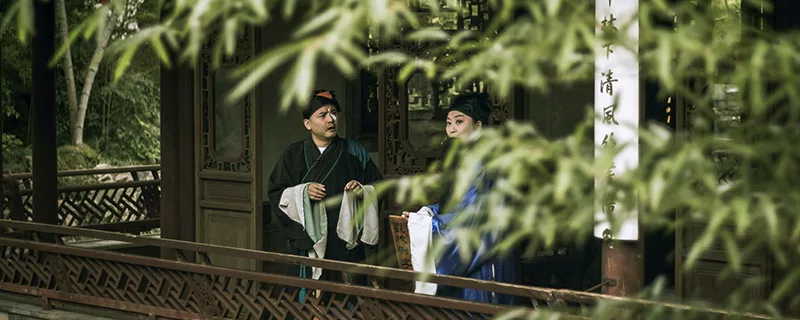Among Suzhou tourist attractions, there are more than 60 Chinese gardens. Of which nine classical gardens, including the Humble Administrator’s Garden, Liuyuan Garden, Netshi Garden, Huanxiu Villa, Canglang Pavilion, Lion’s Grove, Yibu Garden, Couple’s Garden, and Retreat Garden, are included in the UNESCO World Heritage List. Suzhou gardens are comprehensive artworks of architecture, landscapes, flowers, trees, carvings, and calligraphy, combining natural beauty with artistic beauty.
Must-see Suzhou tourist attractions
The Lion Forest Garden was built in 1342 and is one of Chinese classical private garden architecture representatives. It belongs to one of the four famous traditional gardens in Suzhou. The Lion Forest Garden is also a world cultural heritage. Because there are many pinnacles in the park, most of them resemble lions, hence the name “Lion Forest.” The Lion Forest Garden merged traditional gardening techniques with Buddhist ideas. The modern Bei family introduced Western gardening techniques and shrines into the garden, making it a temple garden that integrates Zen principles and gardening pleasures.
The Lion Forest Garden was built in 1342 and is one of Chinese classical private garden architecture representatives. It belongs to one of the four famous traditional gardens in Suzhou. The Lion Forest Garden is also a world cultural heritage. Because there are many pinnacles in the park, most of them resemble lions, hence the name “Lion Forest.” The Lion Forest Garden merged traditional gardening techniques with Buddhist ideas. The modern Bei family introduced Western gardening techniques and shrines into the garden, making it a temple garden that integrates Zen principles and gardening pleasures.
The Lion Forest Garden was built in 1342 and is one of Chinese classical private garden architecture representatives. It belongs to one of the four famous traditional gardens in Suzhou. The Lion Forest Garden is also a world cultural heritage. Because there are many pinnacles in the park, most of them resemble lions, hence the name “Lion Forest.” The Lion Forest Garden merged traditional gardening techniques with Buddhist ideas. The modern Bei family introduced Western gardening techniques and shrines into the garden, making it a temple garden that integrates Zen principles and gardening pleasures.
The Lion Forest Garden was built in 1342 and is one of Chinese classical private garden architecture representatives. It belongs to one of the four famous traditional gardens in Suzhou. The Lion Forest Garden is also a world cultural heritage. Because there are many pinnacles in the park, most of them resemble lions, hence the name “Lion Forest.” The Lion Forest Garden merged traditional gardening techniques with Buddhist ideas. The modern Bei family introduced Western gardening techniques and shrines into the garden, making it a temple garden that integrates Zen principles and gardening pleasures.
The Lion Forest Garden was built in 1342 and is one of Chinese classical private garden architecture representatives. It belongs to one of the four famous traditional gardens in Suzhou. The Lion Forest Garden is also a world cultural heritage. Because there are many pinnacles in the park, most of them resemble lions, hence the name “Lion Forest.” The Lion Forest Garden merged traditional gardening techniques with Buddhist ideas. The modern Bei family introduced Western gardening techniques and shrines into the garden, making it a temple garden that integrates Zen principles and gardening pleasures.
The Lion Forest Garden was built in 1342 and is one of Chinese classical private garden architecture representatives. It belongs to one of the four famous traditional gardens in Suzhou. The Lion Forest Garden is also a world cultural heritage. Because there are many pinnacles in the park, most of them resemble lions, hence the name “Lion Forest.” The Lion Forest Garden merged traditional gardening techniques with Buddhist ideas. The modern Bei family introduced Western gardening techniques and shrines into the garden, making it a temple garden that integrates Zen principles and gardening pleasures.
The Lion Forest Garden was built in 1342 and is one of Chinese classical private garden architecture representatives. It belongs to one of the four famous traditional gardens in Suzhou. The Lion Forest Garden is also a world cultural heritage. Because there are many pinnacles in the park, most of them resemble lions, hence the name “Lion Forest.” The Lion Forest Garden merged traditional gardening techniques with Buddhist ideas. The modern Bei family introduced Western gardening techniques and shrines into the garden, making it a temple garden that integrates Zen principles and gardening pleasures.
The Lion Forest Garden was built in 1342 and is one of Chinese classical private garden architecture representatives. It belongs to one of the four famous traditional gardens in Suzhou. The Lion Forest Garden is also a world cultural heritage. Because there are many pinnacles in the park, most of them resemble lions, hence the name “Lion Forest.” The Lion Forest Garden merged traditional gardening techniques with Buddhist ideas. The modern Bei family introduced Western gardening techniques and shrines into the garden, making it a temple garden that integrates Zen principles and gardening pleasures.
. Pingjiang Road
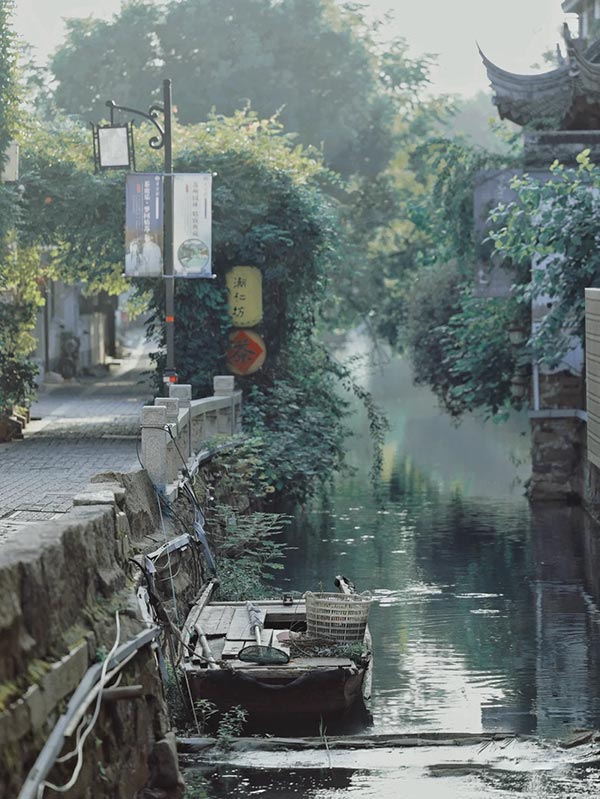
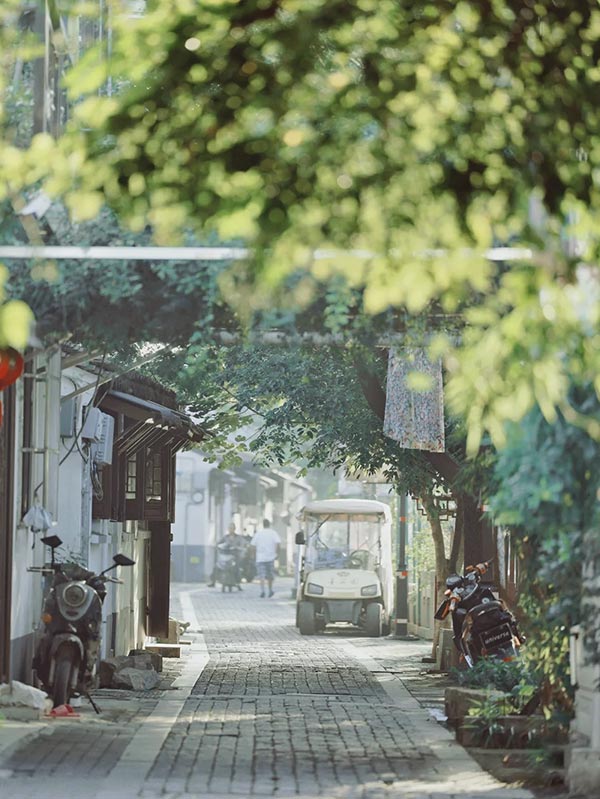
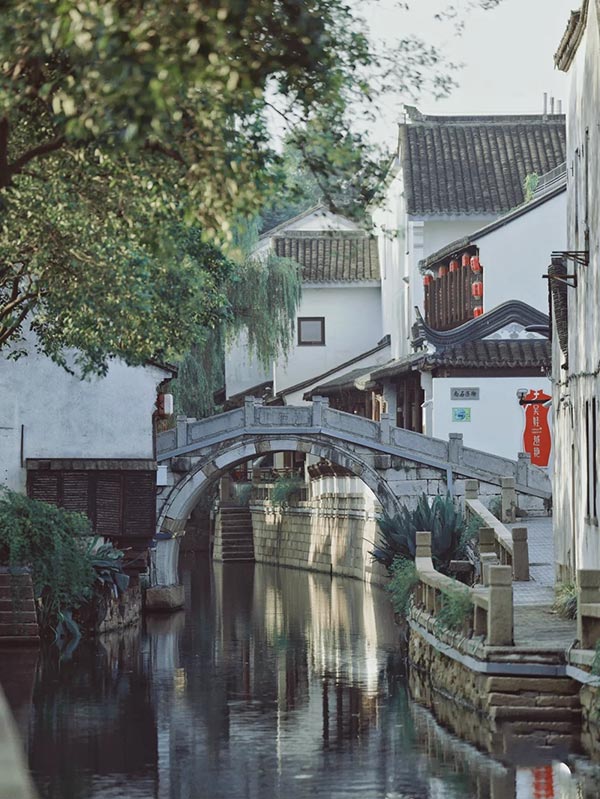
Pingjiang Road is a historic old street along the river in Suzhou. The river is named Pingjiang River. The Pingjiang Road Historic District is the most intact area in the ancient city of Suzhou, and it can be called the epitome of the old town. Comparing the Southern Song Dynasty “Pingjiang Map” and the “Suzhou City Inner Waterway General Map” at the end of the Ming Dynasty, Pingjiang Road continued the urban square pattern since the Tang and Song Dynasties maintained its vitality.
. Suzhou Museum
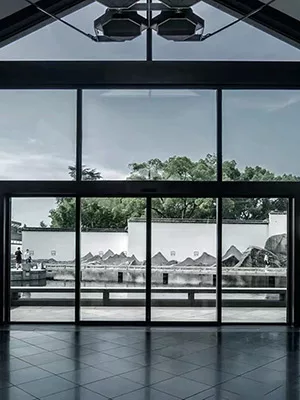
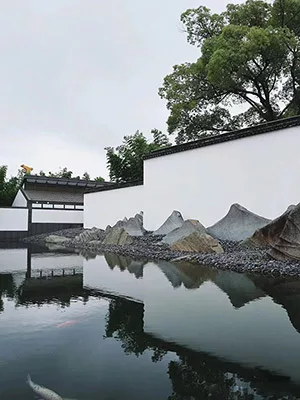
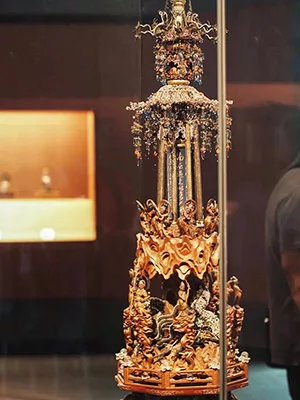
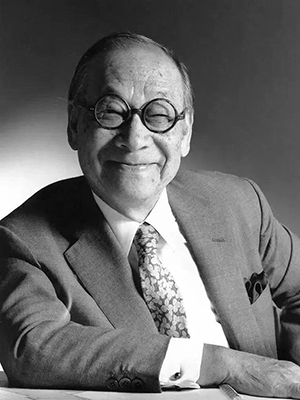
Suzhou Museum was established in 1960, and its original site is located at the site of King Li Xiucheng, a famous historical landmark of the Taiping Heavenly Kingdom. The new museum was designed by the world-renowned architect Pei and was completed in 2006. It is a comprehensive museum integrating modern building architecture, ancient architecture, and innovative landscape gardens.
. Suzhou Lion Forest Garden
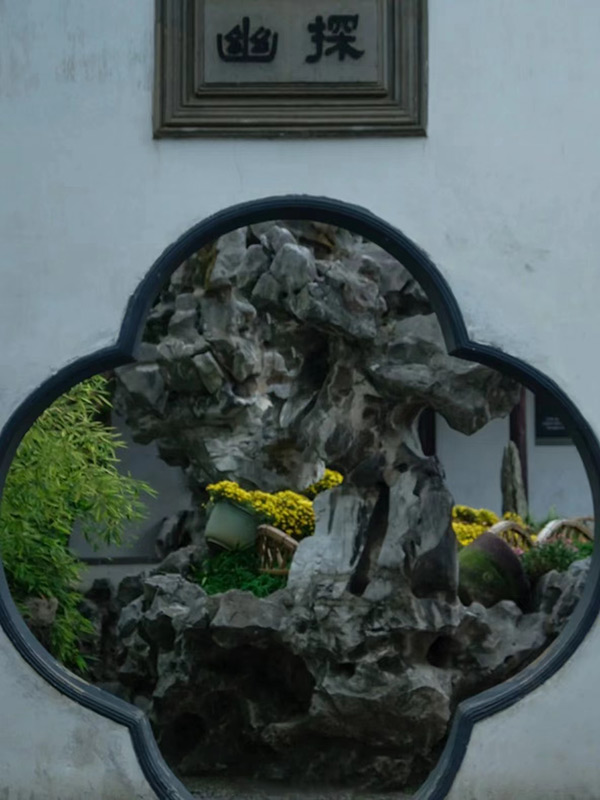
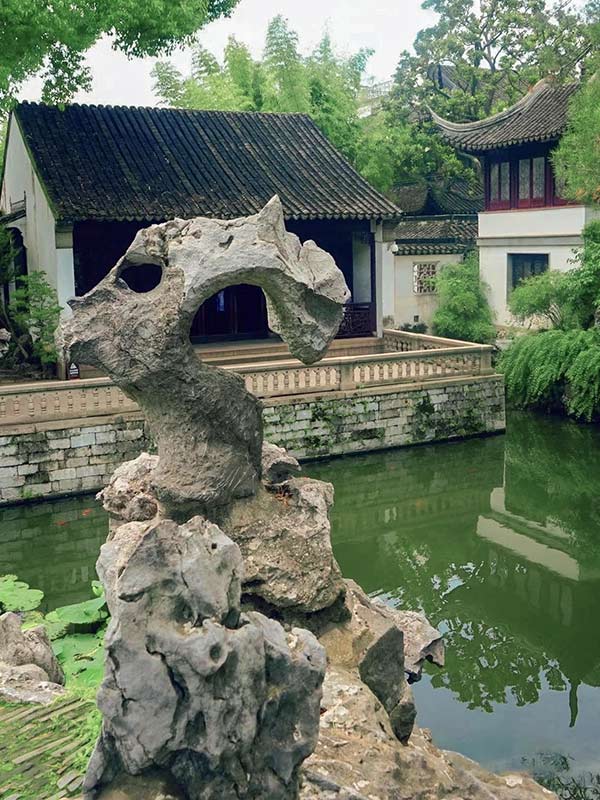
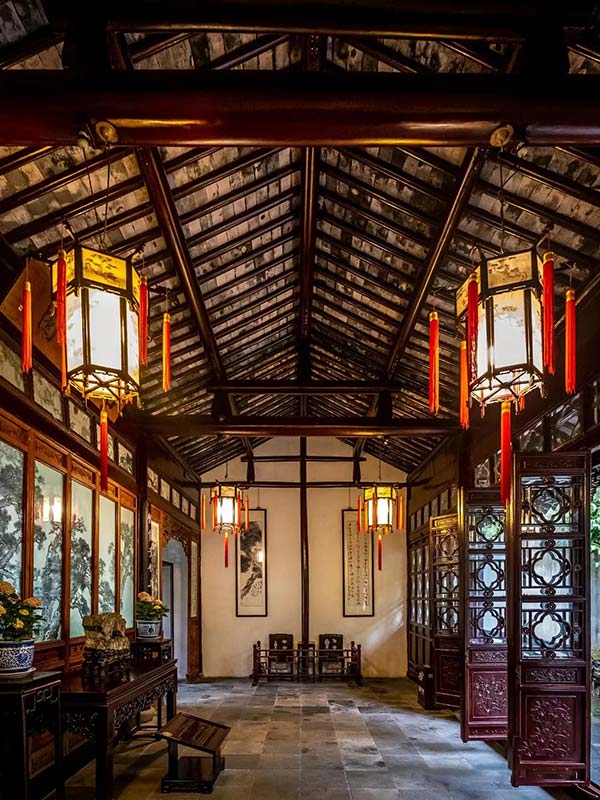
The Lion Forest Garden was built in 1342 and is one of Chinese classical private garden architecture representatives. It belongs to one of the four famous traditional gardens in Suzhou. The Lion Forest Garden is also a world cultural heritage. Because there are many pinnacles in the park, most of them resemble lions, hence the name “Lion Forest.” The Lion Forest Garden merged traditional gardening techniques with Buddhist ideas. The modern Bei family introduced Western gardening techniques and shrines into the garden, making it a temple garden that integrates Zen principles and gardening pleasures.
Six must-see Suzhou attractions
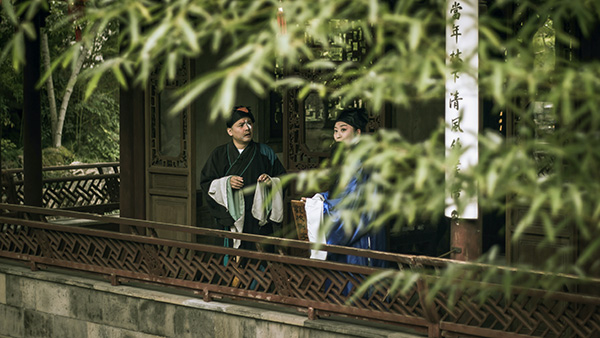
Home » Suzhou » Six must-see Suzhou attractions Like other Chinese cities, Suzhou is developing rapidly, but it has not forgotten the culture of its ancestors. Nostalgia and newness exist at the same time here. The industrial park is the…

